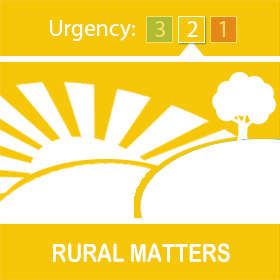
Devon County Council is owed more than £1.2 million promised by developers that have been given planning permission
The council says the Section 106 cash, that usually helps fund the likes of road improvements or education, is now considered ‘aged debt’.
It means it has been owed for more than 90 days.
Section 106 payments are conventionally linked to residential planning applications, which are dealt with by districts rather than the county council.
However, Devon, which oversees big budget items such as highways and schools, is included as a party in some Section 106 agreements where highways or education contributions have been requested. It’s area excludes Torbay and Plymouth.
The details of the debtors was reserved for a private part of a meeting where the press and public are excluded.
The council said even where there is no dispute about the payment, developers frequently pay Section 106 contributions between one and six months late.
The council has introduced late interest charges, which it said had some impact.
“Although only relatively small amounts of late interest have been invoiced and received to date, the introduction of these charges has resulted in improved payment times and reduced the need to use legal mechanisms to secure payment of these debts,” the council said.
Section 106 agreements are usually designed to make new developments acceptable in planning terms. This form of financial obligation covers the likes of affordable housing, habitat mitigation, biodiversity net gain and on-site infrastructure.
The Community Infrastructure Levy, or CIL, exists along side Section 106 and is another form of financial contribution that planning authorities can secure from developers.
Developments can attract both Section 106 and CIL contributions, but those payments cannot be for the same piece of infrastructure on the same development.

 Criminal investigation into suspended Chief Constable dropped
Criminal investigation into suspended Chief Constable dropped
 Devon families receive their primary school place offers
Devon families receive their primary school place offers
 Theft of Quad Bike / Livestock Trailer and / Farm Tools - Tiverton and Withleigh Area
Theft of Quad Bike / Livestock Trailer and / Farm Tools - Tiverton and Withleigh Area
 Stay vigilant for ticket fraud ahead of top events and concerts this summer.
Stay vigilant for ticket fraud ahead of top events and concerts this summer.













